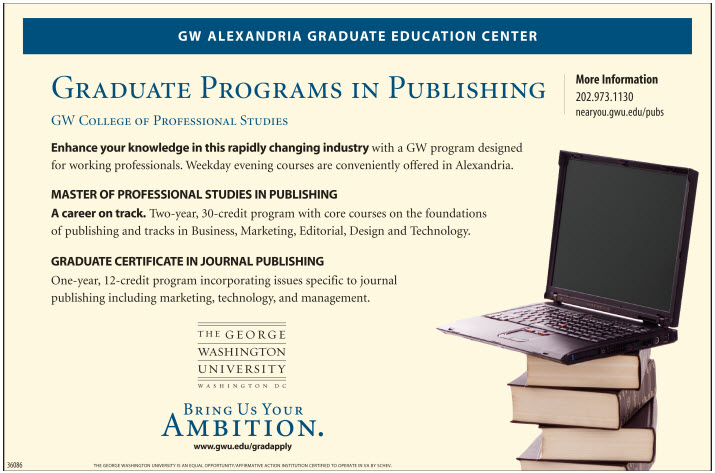The CSE International Scholarship Program offers editors from developing nations an opportunity to attend the CSE annual meeting. Scholarship recipients receive free conference registration, reimbursement for travel expenses, the opportunity to network with colleagues, and a chance to share their experiences during presentations at the awards ceremony.
Three editors received scholarships in 2011: Lohfa Bali Chirdan (Nigeria), Angel Magar (Nepal), and Jerry Godfrey Makama (Nigeria). Unfortunately, because of visa problems, none of the recipients were able to attend this year’s annual meeting.
Lohfa Bali Chirdan
Chirdan resides in Jos, Plateau State, Nigeria, and is a professor of surgery and chief of pediatric surgery at the University of Jos and Jos University Teaching Hospital. Since 13 January 2010, he has served as the editor-in-chief of the Journal of Medicine in the Tropics. The journal is published twice a year and has readers in Nigeria and other African countries. Eventually, Chirdan hopes that the journal will be distributed to tropical countries worldwide.
As editor-in-chief, Chirdan chairs the Editorial Board meetings, edits all manuscripts submitted to the journal, selects appropriate reviewers for manuscripts, makes decisions on manuscripts and communicates the decisions to authors, raises funds for the journal, and works on getting the journal indexed in PubMed/Index Medicus. In his time with the journal, Chirdan has reduced the months that manuscripts spend in review from 4–6 to less than 2; increased the number of articles published from an average of four per issue to 10 per issue; raised awareness of the journal among faculty, staff, and other researchers in Nigeria, resulting in an increase in submissions from fewer than 20 to more than 50 per year; and improved the journal’s overall appearance and print quality.
Chirdan faces a challenge that will sound familiar to many editors: manuscripts submitted to the journal are often poorly written and require him to spend a lot of time editing them before sending them for peer review. Another challenge facing Chirdan is the process of communicating with authors and reviewers; the process is accomplished through e-mail, so he often faces delays owing to lack of Internet service and electricity.
Asked whether he had any lessons to share with the CSE membership, Chirdan replied that he didn’t have many because he had been an editor for only a short time. However, he did cite editing as a way to improve one’s knowledge base.
Angel Magar
Magar lives in Sinamangal, Kathmandu, Nepal, where he is pursuing a doctorate in medical education. He graduated from Kathmandu Medical College in 2004 and then pursued interests in research and scientific publications and worked as a medical journal editor. Magar is also a 2009 Christian Medical College, Ludiana fellow of the Foundation for Advancement of International Medical Education and Research.
Magar served as an international adviser for Student BMJ; on its forum he interacted with other international advisers and became interested in research and publishing. He worked for theKathmandu University Medical Journal (KUMJ) from 2003 to 2010, first as assistant managing editor and then as student editor. In 2005, Magar was appointed deputy executive editor of theJournal of Nepal Medical Association (JNMA), later as an executive editor, and in 2008 he was appointed executive editor of the Journal of Nepal Health Research Council (JNHRC). Until 2010, he worked on the three journals simultaneously; now he works solely for JNHRC.
At JNHRC, Magar manages the review process, edits manuscripts, conducts meetings, performs Web-site maintenance, coordinates with vendors, and oversees print production and distribution. JNHRC is published biannually and is indexed in PubMed/MEDLINE, Index Copernicus, and others. Magar was instrumental in getting JNHRC indexed in 2010 and was responsible for the indexing of KUMJ in 2004 and JNMA in 2005. About 1,000 copies of each issue of JNHRC are produced and distributed to medical institutes and organizations in Nepal. The online version (http://www.jnhrc.com.np) is open access.
Challenges that Magar faces as an editor include incorrect formatting of submitted manuscripts. There is also a lack of trained editors in Nepal. However, Magar himself conducts workshops on research, scientific writing, publication, peer review, and medical editing. He would like to partner with an organization that would help Nepal to improve its scientific endeavors.
Overall, Magar loves editing and works hard at it to improve local science and to help younger generations to make science their career.
Jerry Godfrey Makama
Makama is from Zaria, Kaduna, Nigeria, where he serves as the editor-in-chief of Annals of Nigerian Medicine and is a consultant surgeon/head of the Accident and Emergency Unit of the Ahmadu Bello University Teaching Hospital. He is a Fellow of the West African College of Surgeons and is working on a master’s degree in public health.
Makama’s passion for medical-science publishing drew him to his current position as editor-in-chief. Annals of Nigerian Medicine is published twice a year and distributed locally and internationally among medical practitioners and other healthcare workers.
Poor electricity supply, low-quality Internet service, and a small pool of peer reviewers are challenges that Makama faces as editor-in-chief. However, he cites the establishment of his journal’s Web site (http://www.anmjournal.com), regular publication of the journal, and the high quality of the journal and its articles as three accomplishments of which he is proud.
REBECCA S BENNER (rbenner@greenjournal.org) is the director and managing editor of Obstetrics & Gynecology in Washington, DC

